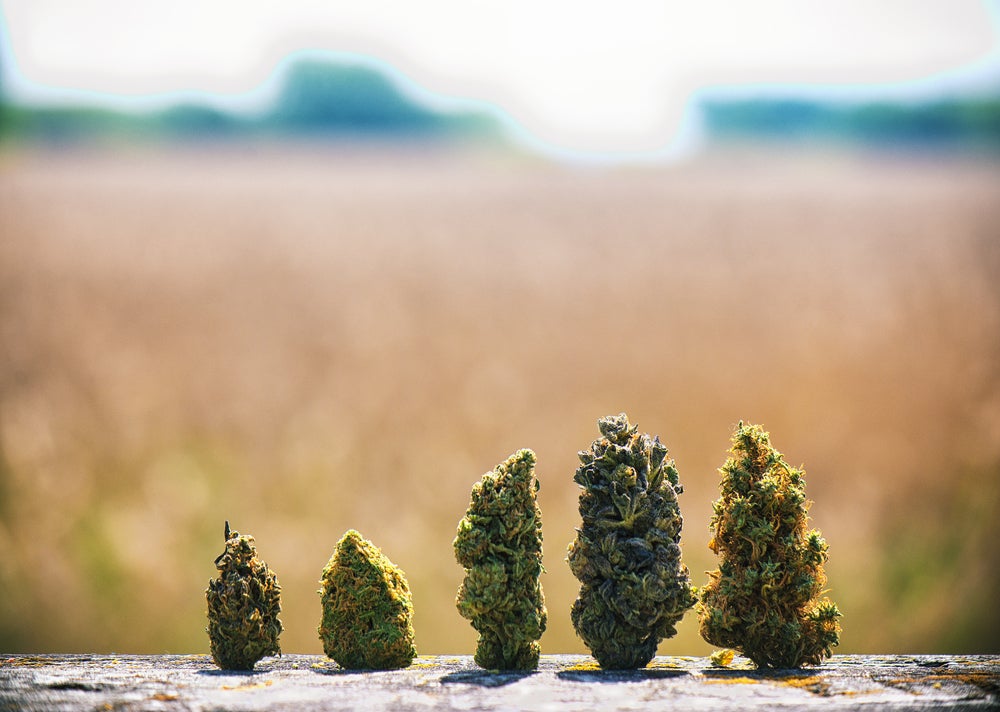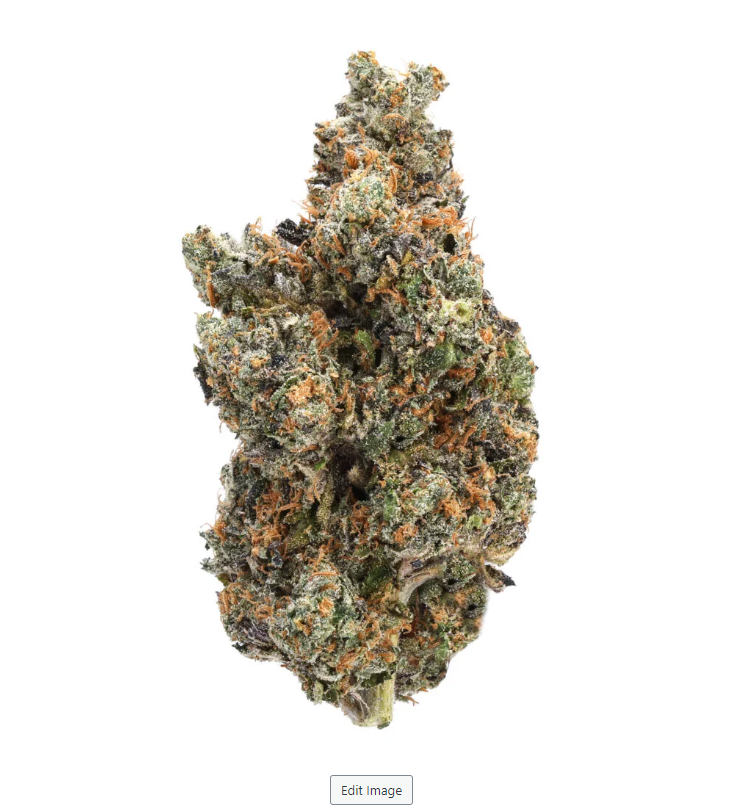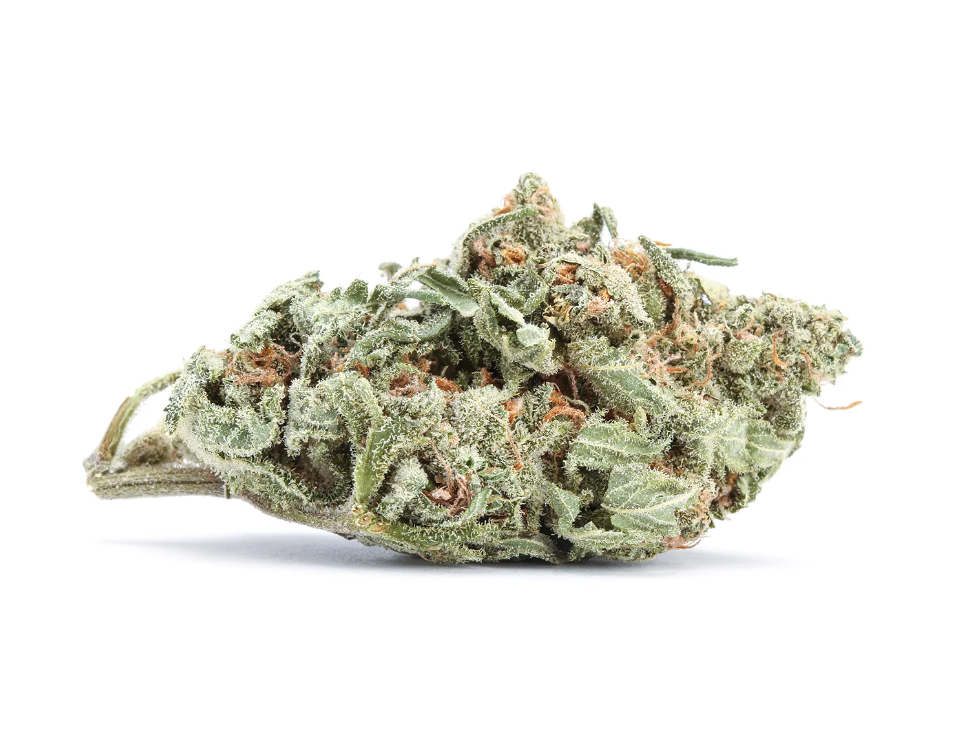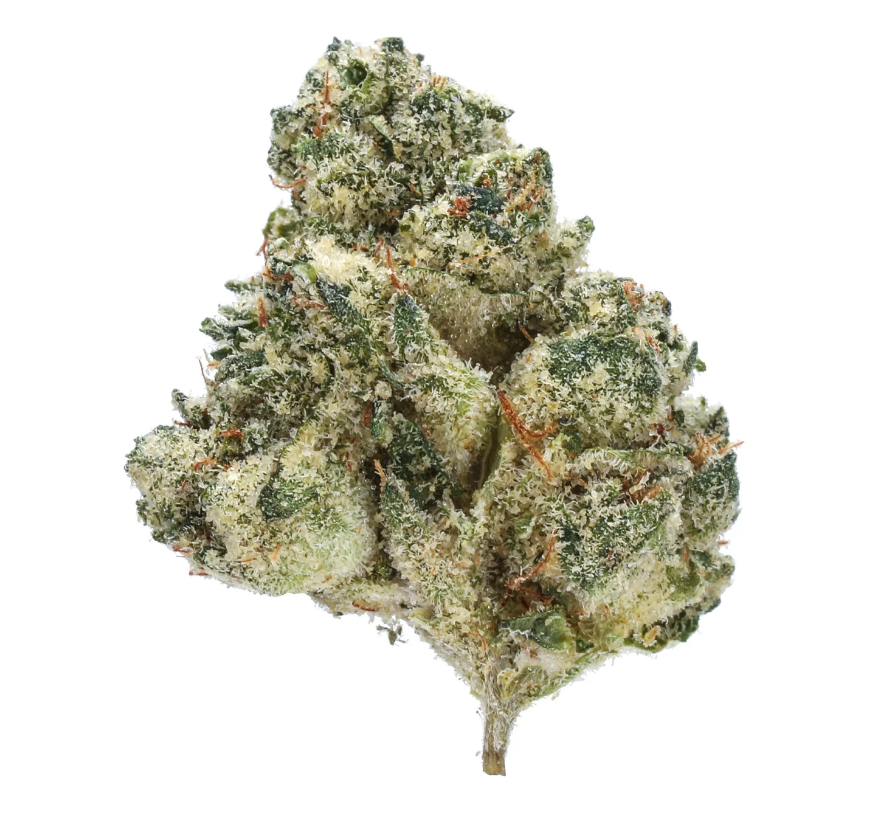If you have been following the current mess that’s USA’s healthcare and politics, one item that keeps coming up is the opioid overdose epidemic. The reason why this is so serious is that many of these people dying of overdose are not your stereotypical drug users that society chooses to ignore, a large portion of these are average people who were prescribed pain medicines containing opioids and then became addicted to them. According to the American Society of Addiction Medicine, of the 20.5 million Americans 12 or older that had a substance use disorder in 2015, 2 million had a substance use disorder involving prescription pain relievers. Drug overdose is the leading cause of accidental death in the US, with 52,404 lethal drug overdoses in 2015. According to NYTimes, the number of deaths exceeded 60,000 by the end of 2016. That’s more than the deaths caused by car crashes and the HIV epidemic in their peak years!! And this continues to worsen in 2017.
A problem of this nature is not a result of a single thing and needs to be addressed on multiple fronts.
One such frontier is finding alternatives to opioids that are as effective and have none of the adverse effects. Now a recent study done by HelloMD in association with the University of California Berkeley and Kent State University, reveals that cannabis can be an effective treatment for pain when compared with opioids. It greatly reduces the chance of dependence and eliminates the risk of fatal overdose compared to opioid-based medications. Patients report that cannabis is just as effective, if not more than opioid-based medications for pain.
The Study
Researchers examined the use of cannabis as a substitute for opioid-based pain medication by collecting survey data from 2897 medical cannabis patients.
Key Findings:
- Of the sample, thirty-four percent of the sample reported using opioid-based medication in the past 6 months.
- Ninety-seven percent of the sample strongly agreed that they were able to decrease the number of opiates they consume when they also use cannabis.
- Eighty-one percent revealed that taking cannabis by itself was more effective at treating their conditions than pairing it with opioids.
- Similar results were achieved for those using cannabis with non-opioid-based pain medications.
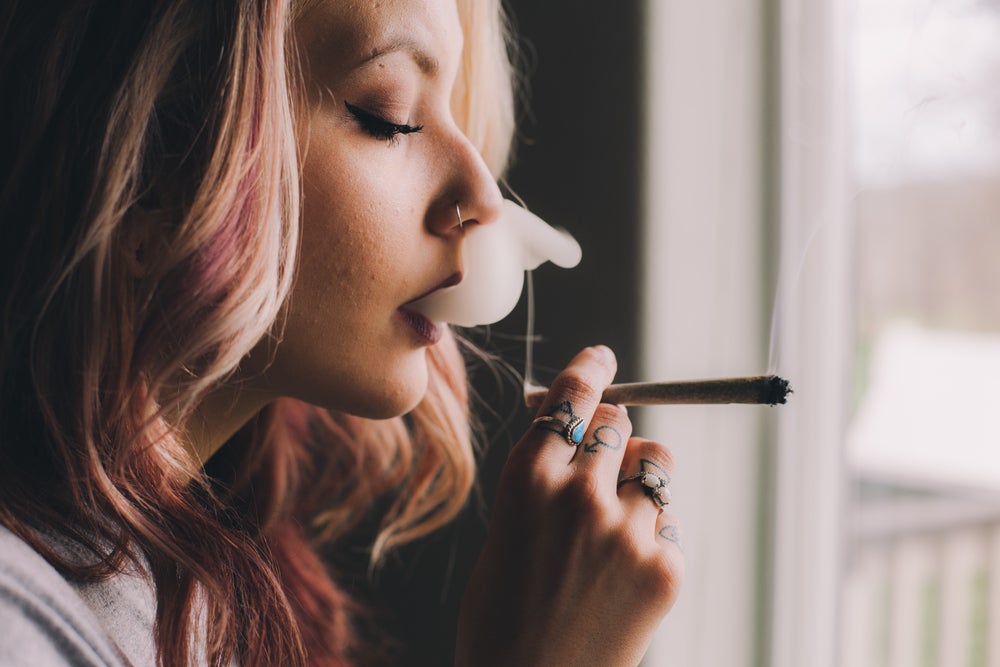
Opioid Vs Marijuana
To support this new study from HelloMD, Marcus Bachhuber, Brendan Saloner and Chinazo Cunningham, in a separate study, found that states with medical cannabis laws had significantly lower state-level opioid overdose mortality rates.
Similarly, Ashley and David Bradford, evaluated data on all prescriptions filled by Medicare Part D patients from 2010 to 2013 and found that the use of prescription drugs for which cannabis could serve as a clinical alternative fell significantly, once a state medical cannabis law was implemented. They found that implementing an effective medical cannabis law led to a reduction of 1826 daily doses for opioid pain relief filled per physician per year.
A recent study concluded that when used in combination with opioid pain medications, cannabis can lower opioid side effects, cravings, and withdrawal severity, as well as enhance the analgesic effects of opioids, thereby allowing for lower doses and less risk of overdose. A previous study reported that their subjects’ pain “was significantly decreased after the addition of vaporized cannabis” and suggested that cannabis treatment “may allow for opioid treatment at lower doses with fewer [patient] side effects.” The authors concluded that their results “demonstrate that inhaled cannabis safely augments the analgesic effects of opioids.”
Research published last year found that 80% of medical cannabis users reported substituting cannabis for prescribed medications, particularly among patients with pain-related conditions.
Existing Challenges
While these studies are great news, the recent increases in opioid overdose related deaths has done little to curb the prescribing and consumption patterns for prescription opioids. The CDC estimates that, “since 1999, the amount of prescription opioids sold in the United States nearly quadrupled, yet there has not been an overall change in the amount of pain that Americans report. Deaths from prescription opioids—drugs like oxycodone, hydrocodone, and methadone—have also quadrupled since 1999.”
In addition, states where marijuana is not a legal alternative, patients who suffer with pain continue to use opioids for chronic pain conditions despite their limited long-term efficacy. The management of chronic pain impacts 11.2% of adults in the United States with about 3% to 4% of these patients receiving long-term opioid therapy. This translates to ∼100 million Americans and incurs costs of up to $635 billion dollars per year.
Moreover, the Schedule I status of cannabis has made it difficult to conduct large-scale clinical trials on its efficacy. Recent clinical and systematic reviews have acknowledged the promise that cannabis might hold as a standardized pain treatment, while recognizing the limitations that come from small sample sizes and lack of controlled studies. While these reviews show moderate evidence for cannabis as a treatment for pain-related conditions, they also call for additional research in the form of standardized clinical trials. Meanwhile, in parallel, medical cannabis patients are reporting the use of cannabis to treat their pain in lieu of or in conjunction with opioid-based pain medications.
Future of Medical Marijuana under Trump
President Trump expressed support for medical marijuana on the campaign trail, but much like a lot of his other promises, this one is up for debate after his nominated Attorney General, Jeff Sessions who has always been anti-marijuana his whole life. During his hearing, he did not provide much in the way of a definitive plan for how he would direct the Justice Department to treat states’ legalization of a drug that is very much illegal under federal law. When responding to a question from Democratic Sen. Patrick Leahy of Vermont, Sessions said he, “won’t commit to never enforcing federal law.” In the past, Sessions has publicly stated his belief that “Good people don’t smoke marijuana.” The senator also said just last year that “we need grown-ups in charge in Washington to say marijuana is not the kind of thing that ought to be legalized… that it is, in fact, a very real danger.”
In response to Sessions’ comments during Tuesday’s hearing, pro-legalization lobbying group the Marijuana Policy Project issued a statement in which the group’s Director of Federal Policies, Robert Capecchi, said the group is “cautiously optimistic” about the incoming administration’s intentions regarding marijuana. Capecchi also said in the statement: ” It is notable that Sen. Sessions chose not to commit to vigorously enforcing federal prohibition laws in states that have reformed their marijuana laws. He also recognized that enforcing federal marijuana laws would be dependent upon the availability of resources, the scarcity of which poses a problem. He was given the opportunity to take an extreme prohibitionist approach and he passed on it.”
Conclusion
The best way to resolve a problem is to be aware of it. With these studies and public outcry of the opioid epidemic, the public awareness is increasing. As more people come into the light and know about the benefits of marijuana over traditional medicine, the more momentum the advocates get for this fight. This is by no means over, not until every person in need has an option to say No to Opioids and Yes to Marijuana.



